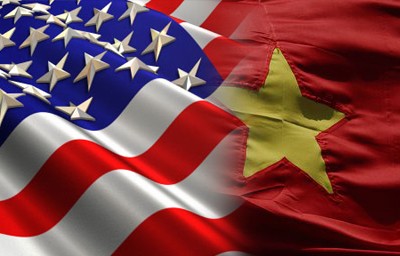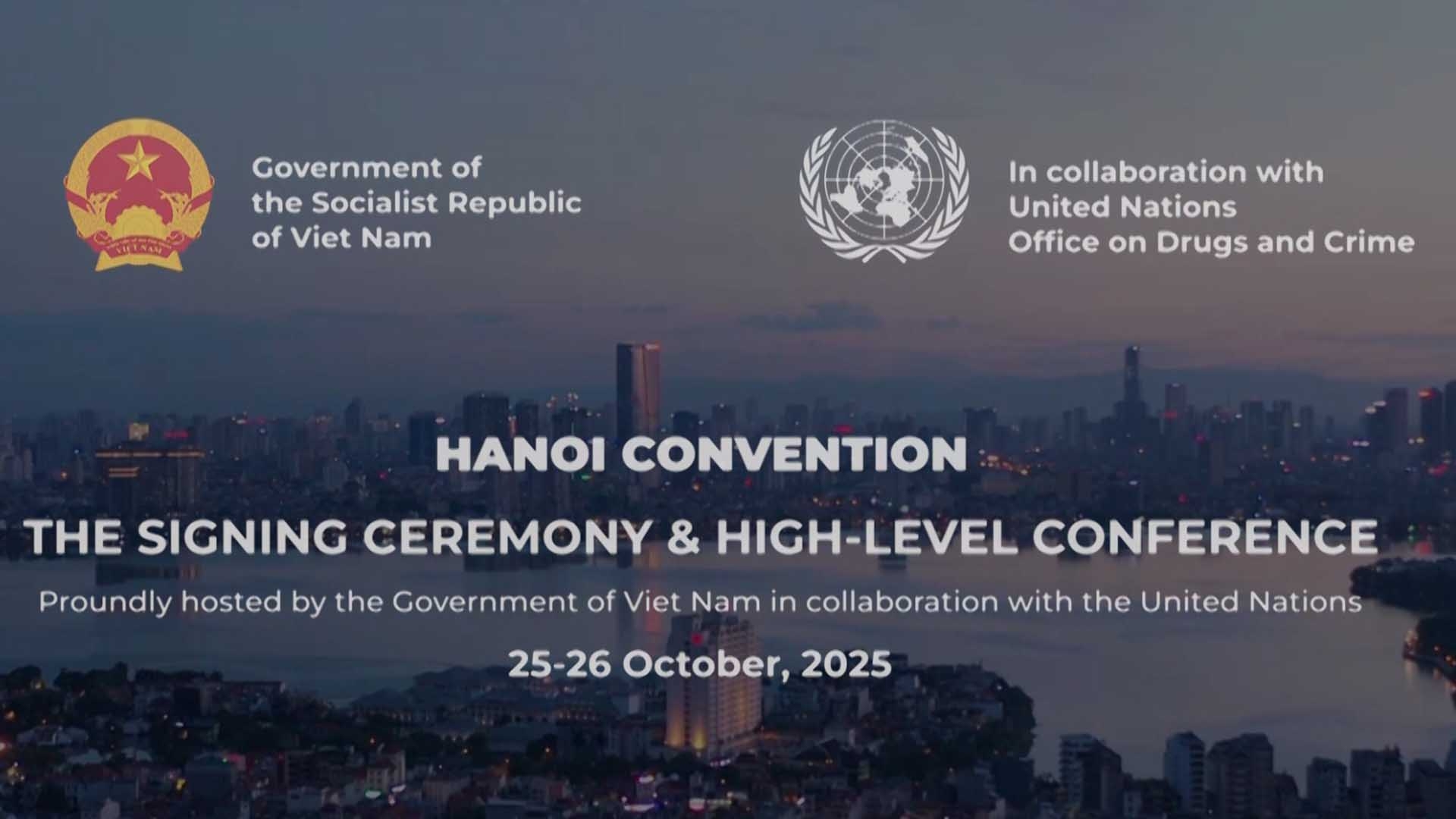
Achievements in Vietnam-US ties highlighted by scholar
Latest
Talking to Vietnam News Agency correspondents in Washington, Andrew Wells-Dang said in the field of post-war recovery which he is now involved in at USIP, he acknowledged that Vietnam and the US have achieved significant milestones in the past decade. These include completing the dioxin remediation at Da Nang airport, initiating a cleanup of the largest dioxin hotspot at Bien Hoa air base in Dong Nai province, and expanding the US Agency for International Development (USAID)’s programmes to support those with disabilities related to Agent Orange and unexploded ordnance.
In 2021, the Vietnamese Defence Ministry and the US Department of Defence launched the Vietnam Wartime Accounting Initiative (VWAI), in which the USAID, Harvard University, and USIP contribute information and analysis to aid the search and identification of those missing in action.
 |
| Scholar highlights achievements in Vietnam-US ties. |
Over the past decade, there has also been progress in bilateral political, economic and security relations. In his memoir "Nothing is Impossible," former US Ambassador to Vietnam Ted Osius mentioned Party General Secretary Nguyen Phu Trong's visit to the White House in 2015. He believed that the visit had demonstrated that progress in Vietnam-US relations could be achieved although the two countries have different political systems, contributing to building trust at the highest political levels.
Since then, both the Trump and Biden administrations have emphasized their support for a strong, prosperous, and independent Vietnam. The commitments of leaders from both political parties in the US could serve as a basis for the increasingly growing partnership between the two countries in the coming years, he said.
He described the foundation of people-to-people diplomacy, including ties between former soldiers, students, business people, and non-governmental development organisations, as a distinctive feature of the Vietnam-US relationship. Over 2.5 million Americans of Vietnamese origin also play an important role as a bridge between the two countries.
Another pivotal factor is that families who suffered losses and pain on all sides in the war have now become a pillar of connection between the two countries. When both sides acknowledge the past and build strong personal relationships, it can serve as a basis for a shared vision of the future, he said.
During a recent trip to the US state of Utah along with Vietnamese Ambassador to the US Nguyen Quoc Dung, he found that US companies are very interested in trade and investment in Vietnam. The US primary and higher education institutions also warmly welcome Vietnamese students to the US. After a slight decline due to the COVID-19 pandemic, the number of Vietnamese students in the US is now increasing again.
In addition to economy and education, the Vietnam-US comprehensive partnership also covers other pillars related to maritime security, climate and environment, human rights, war legacy, and defence.
The scholar believed that all these areas will keep growing. According to him, experts at the USIP are particularly interested in cooperating with Vietnam on peace and security issues regionally and globally. Vietnam has earned respect from countries on all sides of global conflicts, indicating its potential role as a mediator for peace.
Wells-Dang spent 20 years living in Vietnam, including 8 years in Hanoi and 12 years in Hoi An ancient town in the central province of Quang Nam. He gets married to a Vietnamese woman and returned to the US with his family in 2019. At the USIP, he and a group of experts on Asian affairs regularly build projects to address war legacy issues in Vietnam and hold thematic workshops on war legacy, aiming to heal war wounds and steer the US-Vietnam relations towards a future of peace and prosperity.

















